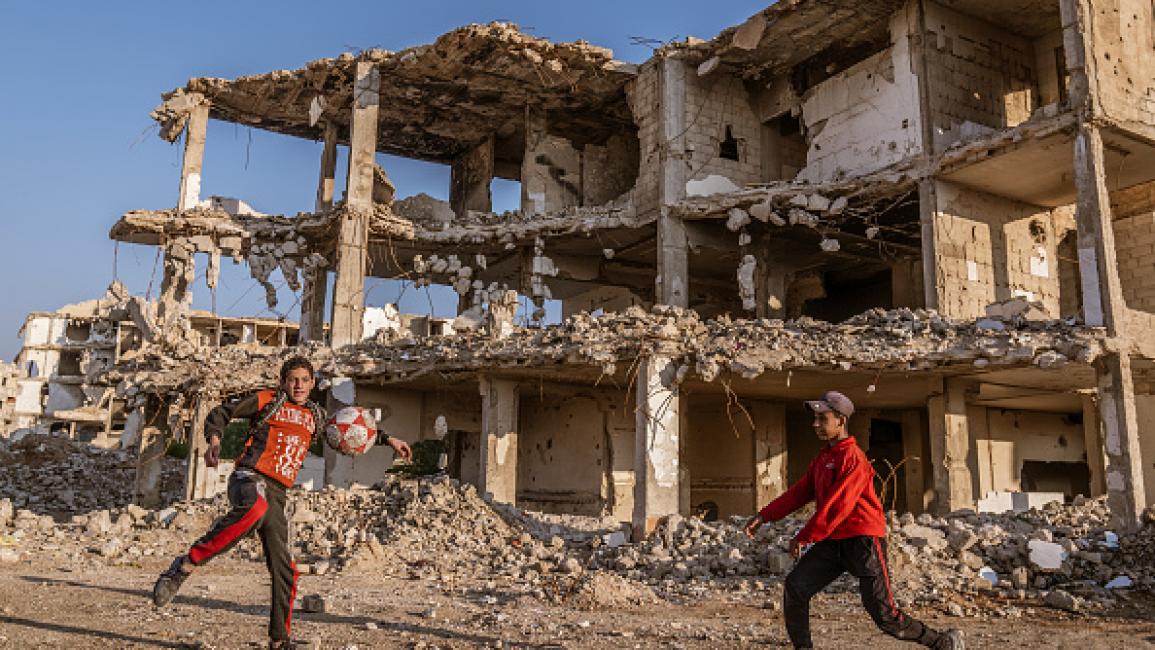Syria’s fragile reconstruction efforts received two notable boosts this week—first, with a fresh financial contribution from Japan to the Syria Recovery Trust Fund, and second, with a high-level visit by Turkey’s Minister of Trade to Damascus, signaling increased regional economic engagement with post-war Syria.
Late Tuesday, the Syria Recovery Trust Fund (SRTF) announced it had received a new contribution of €3 million from the Japanese government. This marks Japan’s ninth contribution to the multi-donor trust fund since its inception, bringing its total support to €56.36 million. Collectively, the fund has now secured approximately €372.73 million from 12 international donors.
Akihiro Tsugi, Chargé d’Affaires and Special Coordinator for Syria at the Japanese Embassy, praised the SRTF’s work and reiterated Japan’s commitment to aiding the Syrian people. “We are proud to continue supporting the Syria Recovery Trust Fund,” he said. “This latest contribution is a testament to our confidence in the fund’s impactful work, especially at this critical juncture in Syria’s recovery.” Tsugi emphasised that Japan remains committed to supporting stability, resilience, and hope for a brighter Syrian future.
The SRTF, established by the Friends of the Syrian People and its Working Group on Economic Recovery and Development, aims to transform international grants into transparent and accountable recovery projects within Syria. Its focus spans vital sectors including water, electricity, health, education, food security, solid waste management, agriculture, transportation, housing, and the rule of law.
Turkish Trade Minister in Damascus to Discuss Reconstruction and Economic Cooperation
Meanwhile, in a development that may reshape regional economic dynamics, Turkish Minister of Trade Ömer Bolat arrived in Damascus on an official visit spanning April 16–17. Accompanied by a delegation of high-ranking officials and business leaders from both the public and private sectors—including heads of business associations, chambers, and federations—Bolat’s visit underscores Turkey’s growing interest in Syria’s reconstruction and long-term development.
According to Turkish media outlet Milliyet, the discussions will cover a wide array of topics including trade, customs, transportation, investment, finance, banking, contracting, and energy. The primary goal is to “foster economic development in Syria during this new phase” and enhance institutional and commercial ties between the two countries. The visit also aims to facilitate preparations for what officials have described as the construction of a “Free Syria.”
The Turkish delegation is expected to meet with several key Syrian officials, including Minister of Economy and Industry Nidal Al-Shaar, Minister of Finance Mohammad Yasser Barniyeh, Minister of Transport Ya’rub Suleiman Badr, and General Director of Land and Sea Ports Qutaiba Ahmad Badawi.
Meetings will explore ways to support Syria’s economic institutional infrastructure, ease international sanctions, and revitalize the country’s banking and transport sectors. Particular focus will be given to logistical connectivity and the development of border and port infrastructure.
A Syria–Turkey Business Forum and roundtable meetings will be held to connect Turkish private sector leaders with Syrian entrepreneurs, providing a platform to explore collaborative projects and investment opportunities. Additionally, a comprehensive roadmap for a proposed Economic Partnership Agreement will be discussed, a move expected to significantly bolster bilateral trade.
The Turkish side is also set to address challenges related to customs procedures and port modernization. Talks with customs authorities aim to streamline trade flows and align expectations between the private sectors of both countries.
A Shifting Regional Landscape
The twin developments—Japan’s renewed financial commitment and Turkey’s high-profile economic diplomacy—reflect the shifting regional landscape surrounding Syria’s post-war recovery. While international sanctions and deep structural challenges remain, the signs of re-engagement from key regional and global players signal cautious optimism for a country that has endured more than a decade of conflict.
As Japan reinforces its humanitarian approach through multilateral funding mechanisms, Turkey’s proactive diplomacy hints at a more direct economic partnership. Together, these moves may mark the beginning of a more coordinated international response to Syria’s reconstruction—one that balances political caution with urgent developmental needs.
This article was translated and edited by The Syrian Observer. The Syrian Observer has not verified the content of this story. Responsibility for the information and views set out in this article lies entirely with the author.


